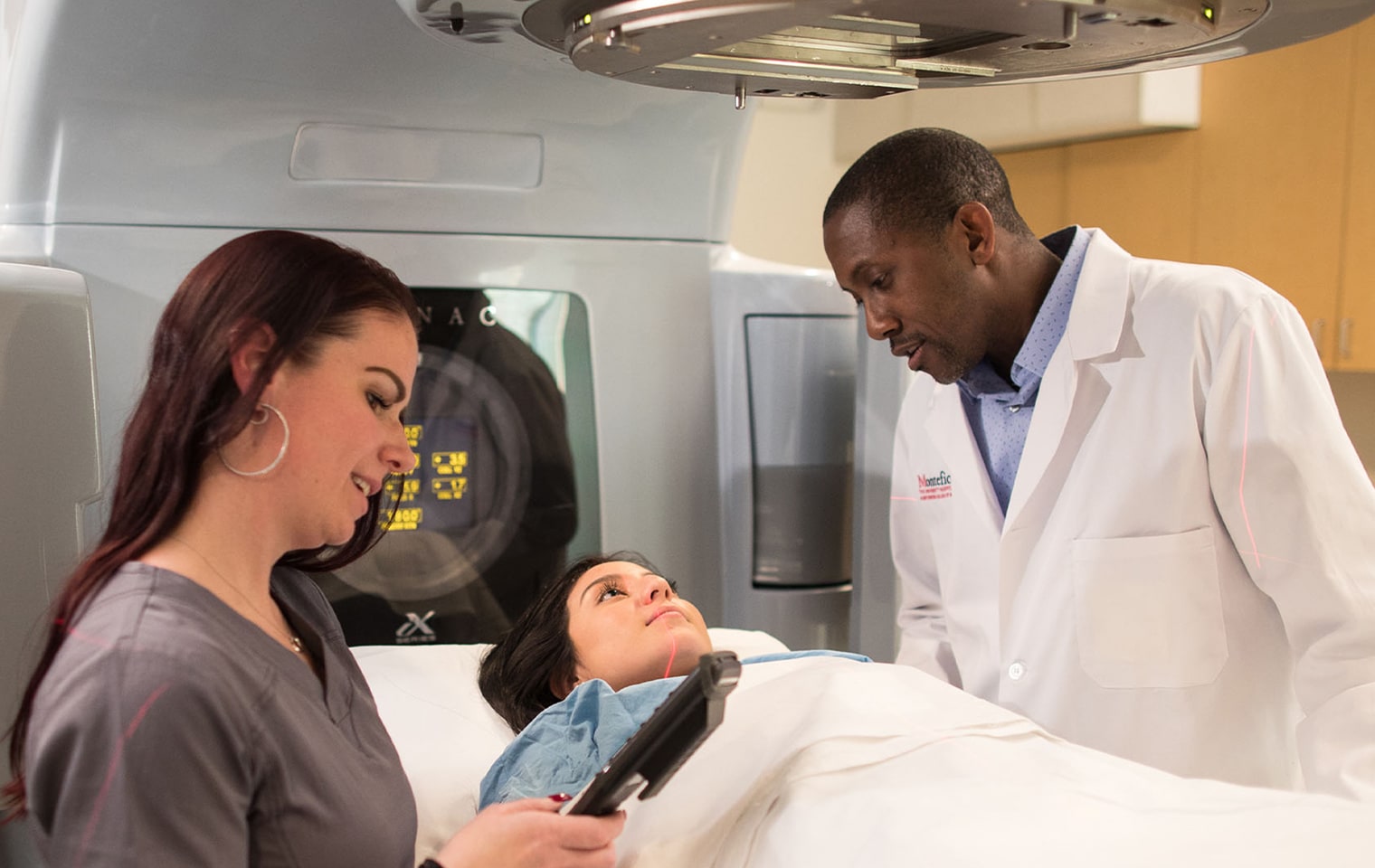
Researchers at the National Cancer Institute–designated Montefiore Einstein Comprehensive Cancer Center (MECCC) have found a low-cost antibacterial regimen for preventing acute radiation dermatitis (ARD). This painful skin condition affects up to 95% of people undergoing radiation treatment for cancer but lacks a standardized treatment.
Beth N. McLellan, M.D., and colleagues reasoned that Staphylococcus aureus (SA) bacteria—which typically live harmlessly on the skin—might play a role in ARD. To find out, they conducted a study involving 75 patients undergoing radiation therapy.
Participants were randomized to receive either the standard of care at MECCC (normal hygiene and moisturizers) or the experimental antibacterial regimen, involving the body cleanser chlorhexidine and mupirocin 2% nasal ointment. (The team had found in other research that many patients with SA on their skin also tested positive for nasal SA, suggesting that SA from the nose might be infecting the skin.)
Although more than half the patients treated with the antibacterial regimen developed mild-to-moderate ARD, no patients developed moist desquamation—the most severe type of ARD, which causes the skin to break down and develop sores—and no patients experienced adverse effects from the treatment. In contrast, severe ARD affected 24% of the participants receiving the standard of care.
The treatment could potentially save hundreds of thousands of people each year in the U.S. from severe ARD and its excruciating side effects. The findings were published in May 2023 in JAMA Oncology. Dr. McLellan is a professor of medicine at Einstein, the chief of the division of dermatology at Montefiore and Einstein, and a member of MECCC.